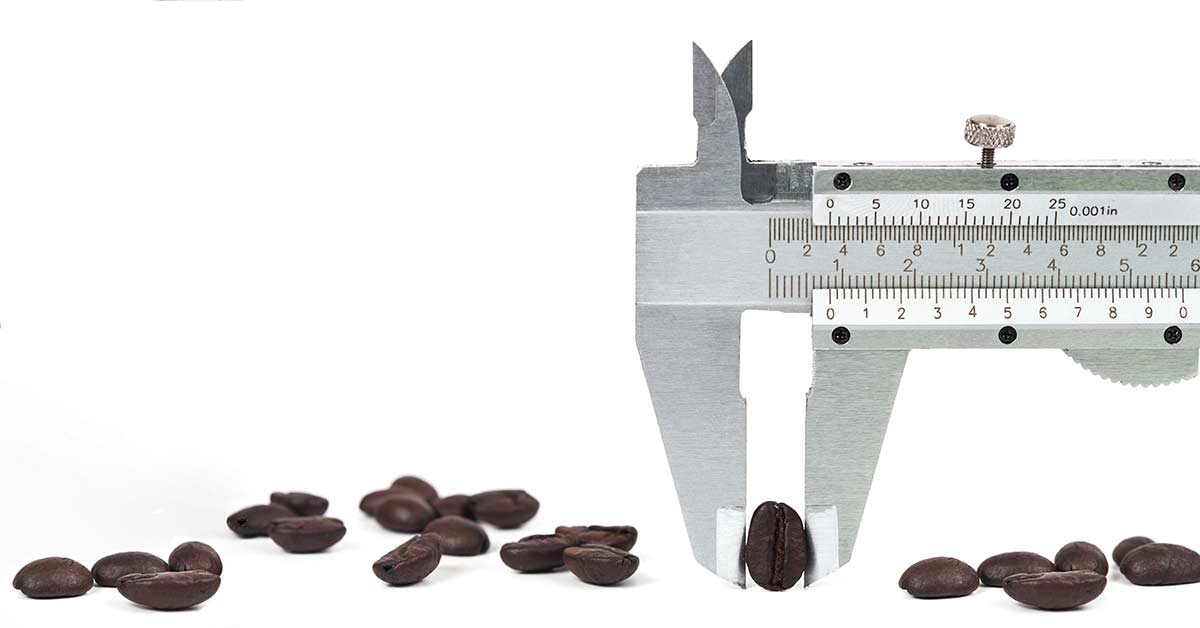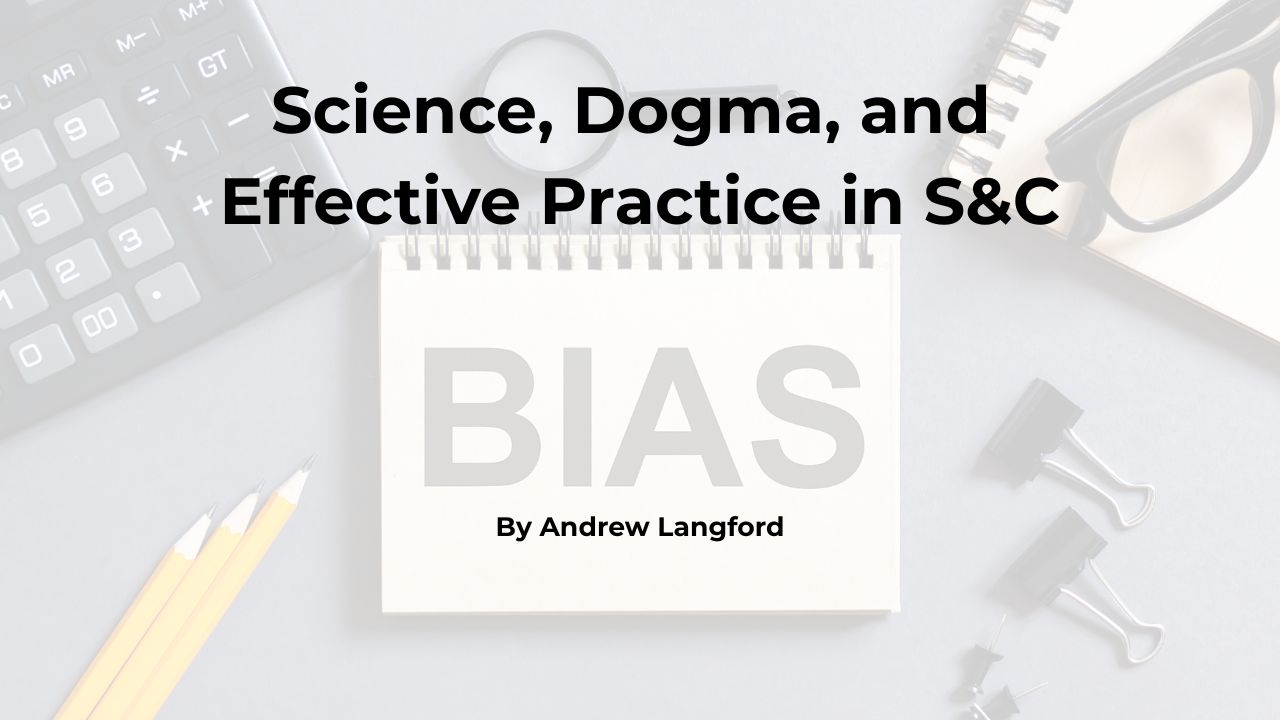[mashshare]
Caffeine is one of the most widely used—and abused—performance-enhancing drugs in the world. It enhances performance across a number of exercise types, including aerobic endurance, muscular endurance, repeated sprints, and maximum strength. Athletes know this, of course, which is why as many as 90% of them consume caffeine before or during competition, according to the research.
While researchers have examined how a pre-training or competition dose of caffeine directly impacts sporting performance, we need a wider conversation as to how caffeine fits into an athlete’s lifestyle and how this may impact athletic performance at the time when the athlete most needs a performance boost—in competition.
Regular Joe
Using caffeine as a performance enhancer isn’t only limited to those involved in sport. About 80% of the world’s population consumes some form of caffeine on a daily basis. In the UK, the average daily caffeine intake for adults is about 130 mg, which equals 2.5 espressos or 1.5 cans of Red Bull. Often, non-athletic adults consume caffeine for its positive effects on mental alertness and concentration, especially when sleep deprived. Caffeine also offers health benefits, primarily when consumed as coffee, with research suggesting it lowers overall mortality risk.
Traditionally, caffeine has been studied in two separate spheres: how it impacts athletic performance and how it impacts humans in their normal life. However—and this may surprise you—athletes are also normal people, and alongside consuming caffeine before a competition, they also tend to use caffeine in ways that mirror the general population.
Recent research has begun to explore this behavior, demonstrating how caffeine’s pain-reducing effects can help offset soreness associated with heavy training or reducing fatigue associated with travel or early morning training. Similarly, just like regular people, athletes consume caffeine by drinking coffee and tea socially.
Caffeine and High Performance
Our recent paper in Sports Medicine looked at how an athlete’s regular intake of caffeine, for sport and in general life, might impact their performance. We wanted to understand how athletes might become habituated to regular caffeine intake. We know that long-term exposure to some drugs requires more of that drug to exert the same effect. Caffeine is likely no different.
There are, however, surprisingly few studies exploring habituation and its effect on subsequent performance. The first study by Dodd and colleagues found no differences regarding time to exhaustion between habitual caffeine users and non-users. The researchers recruited non-habitual (average daily intake of 25 mg) and habitual (average intake >300 mg per day) caffeine users and had them undertake two incremental cycle tests with a pre-test caffeine dose of either 3 mg/kg or 5 mg/kg.
The opposite results were reported by Bell and McLellan, who found that habitual users (>300 mg/d) exhibited a smaller ergogenic effect from caffeine following a pre-cycle time to exhaustion dose of 5 mg/kg than did non-habitual users. These results were mirrored by a more recent, tightly controlled study by Beaumont and colleagues. In this study, participants took 3 mg/kg or a placebo every day for 28 days and then 3 mg/kg of caffeine before a performance test. The researchers found a smaller performance benefit compared to placebo in the caffeine supplemented group.
Finally, in a wonderfully provocatively titled study, “Dispelling the Myth that Habitual Caffeine Consumption Influences Performance Response to Acute Caffeine Supplementation,” Goncalves and colleagues reported no difference in performance enhancement following 6 mg/kg of caffeine in low, moderate, and high habitual caffeine users who ingested an average of 58 mg/d, 143 mg/d, and 351 mg/d, respectively.
Determining Caffeine Dosage
This leaves us in a delicate situation. Half of the studies suggest that habitual caffeine intake negatively affects caffeine’s subsequent performance benefits while the other half suggest no such thing. Which are we to believe?
In our recent paper, we proposed a theory that there has to be a substantial difference between the habitual and pre-competition caffeine doses for the negative effects of caffeine habituation not to occur. In the studies that supported a negative impact from caffeine habituation, there often was minimal difference between the habitual and pre-exercise caffeine doses. For example, in Beaumont’s study, both the habitual caffeine dose and pre-competition dose were 3 mg/kg.
Conversely, in the trials suggesting no negative effect from habituation, the pre-competition caffeine dose was much higher. In the Goncalves study, for example, the pre-trial caffeine dose was 6 mg/kg while the habitual dose in the high group was 350 mg/d (equivalent to about 4 mg/kg). This suggests that athletes can regularly consume caffeine, as long as the habitual dose is much less than their pre-competition dose.
That’s all well and good except that this prompts an obvious second question: How much caffeine should an athlete consume pre-competition? Very broadly, there is no right answer. Historically, the general recommendation is 3-9 mg/kg, with no additional benefits occurring above this amount.
Recent research, however, has suggested that doses lower than 3 mg/kg can also be ergogenic. I authored another paper that critically examined whether these guidelines applied to all athletes and found that they did not. As an example, variation in a gene called CYP1A2 may alter the optimal dose of caffeine. Recently, a group of researchers from Canada found that those with the CC version of the gene saw reduced sports performance with a 3 mg/kg caffeine dose while those with the AA version saw improved performance. These individuals may benefit from lower doses of caffeine or a longer period of time between ingestion and performance.
It’s very difficult to give a one-size fits all solution to the question of the optimal caffeine dose for an athlete pre-competition. I suggest that most people should experiment with consuming about 3 mg/kg 60 minutes before performance and then experiment with altering the dose and timing until the athlete arrives at an optimal strategy. For prolonged events, such as endurance running or team sports, there is a case for consuming caffeine later in the event, often with a lower dose.
An 80kg athlete could have three cups of coffee a day in addition to their pre-competition dose, says @craig100m. Share on XOnce we set the pre-competition caffeine dose, we can calculate the habitual dose—I recommend 50-75% of the pre-competition dose. If an athlete were to consume 3 mg/kg pre-competition, they could habitually consume 1.5-2 mg/kg on a daily basis. For an 80 kg person, this equals 120-160 mg of caffeine, which is roughly three cups of coffee or two small cans of energy drinks. This way, the athlete gets all the benefits of caffeine pre-competition as well as the benefits of regular use within training and can even consume caffeine socially.
Estimating caffeine intake is notoriously difficult, with many studies demonstrating a large range in caffeine concentrations between different drinks and brands; a coffee from Starbucks will have a different caffeine content as one from Pret. There also is a large range in caffeine concentration within the same caffeine source at different times; coffee from Starbucks will have different amounts of caffeine on different days.
Planned Caffeine Withdrawal
Another strategy often discussed is pre-competition caffeine withdrawal. Here, the athlete stops consuming caffeine for a period of time, often 7-28 days, before a competition to “re-sensitize” themselves to caffeine’s positive effects and gain a larger performance benefit. This strategy is also surprisingly poorly explored. A study examining the impact of a 4-day caffeine withdrawal found no effect on the performance benefits from a subsequent caffeine dose. It’s unclear whether a longer withdrawal period would have had a positive effect.
It’s also worth keeping in mind that caffeine withdrawal can be extremely unpleasant and can cause headaches, muscle pain, and sleep disturbances. While these side effects don’t last long, an athlete would not want to experience them before a competition. Given the lack of benefits from a pre-competition caffeine withdrawal period, along with the potential for negative side effects, I don’t recommend a withdrawal period.
Final Thoughts
So where does this leave us? There’s no reason why athletes cannot consume caffeine on a regular basis like normal humans in sporting and social contexts. Indeed, given caffeine’s positive effects on training performance, athletes should consume caffeine around training sessions. I suggest limiting their habitual caffeine dose to 50-75% of their regular pre-competition caffeine dose to limit any potential habituation effects.
Because there are apparently no positive effects from short-term caffeine withdrawal before a competition, I don’t recommend it. Finally, athletes should experiment with different caffeine doses and timing to better determine their optimal protocol, keeping in mind that the general advice may not be suitable for their own unique contexts.
Since you’re here…
…we have a small favor to ask. More people are reading SimpliFaster than ever, and each week we bring you compelling content from coaches, sport scientists, and physiotherapists who are devoted to building better athletes. Please take a moment to share the articles on social media, engage the authors with questions and comments below, and link to articles when appropriate if you have a blog or participate on forums of related topics. — SF
[mashshare]





